
Kamila Valieva on Sunday became the winner of the Grand Prix stage Russia in Moscow. The Sport correspondent talks about events in which the Olympic champion might not have participated if she had not had incredible stamina and will.
“No crown” Judging by the Moscow stage of the Russian Grand Prix, all the talk about a decrease in interest in figure skating can be be considered without any basis. I haven’t seen such an audience at Megasport for a long time. Okay, the first tier — even the gallery was packed to capacity, although from there the skaters looked more like ants to the audience. This hall was quite sold out, but the atmosphere on Sunday was reminiscent of nothing more than the 2011 World Cup moved from Japan to Moscow, no matter how surreal it may sound in our current situation.
Yes, it really seems like it was not 12 years ago, or even in the past, but in general in the life before last. The greatest Alexei Nikolaevich Mishin is still in the coaching ranks and, as always, in the leading roles, but at the side is the one whom the Professor led to bronze at that world championship. Arthur Gachinsky brought Semyon Solovyov to the Moscow stage of the Russian Grand Prix as a coach and, at a minimum, was ahead of his highly experienced teacher. Mishin's student Matvey Vetlugin failed to take the lead after the short program and fell to fifth place, while Soloviev finished fourth.
But the undisputed hero of the men's tournament in Moscow was a figure skater who, before the start of the season, hardly anyone had seen as the champion of at least one stage of the series. As a result, Vladislav Dikidzhi — we are talking about him — won two Russian Grand Prix at once. For a second, he is the only one among all our singles skaters who has achieved such an achievement.
“In no case is there any crown, I’m a simple guy,” assured Oleg Tataurov’s student (another former figure skater Mishin, by the way). But Vlad actually has something to be proud of. He arrived in Moscow without completely healing ARVI, and as a result he became the only one who completed both programs cleanly, performing five quadruples in two days along the way.
The pursuit of ultra-siThe theme of ultra-si elements smoothly flowed from the men's free program to the women's — at the Moscow stage of the Grand Prix, the organizers put these two disciplines one after the other, although they are usually diluted by one of the pair types of figure skating. Kamila Valieva entered a quadruple toe loop for Sunday's skate, Sofia Muravyova — a triple axel. The quadruple lutz also appeared in Kamilla Nelyubova’s application, and the planned content of Maria Paramonova featured a quadruple salchow.
And just this fact — that our skaters, in a situation where there is no need to qualify for international competitions due to their inaccessibility, continue to take risks — is already remarkable. This, of course, especially applies to leaders. How tempting it would be to simplify the content and rely on the high-level components of the program! Both Kamila and Sophia would have received them without any ultra-si. But no — Megasport saw both a quadruple toe loop performed by Valieva and a triple axel from Muravyova this Sunday.
Unfortunately, I have to add here that only during a six-minute warm-up before the skate. There, Valieva performed a powerful quadruple jump, and Muravyova flew three and a half turns in the Axel as easily as a feather — three times in a row. But during the «combat» release, a drama unfolded. A student of Evgeniy Plushenko, having received the last instructions from the eminent mentor, went to the Trixel — and fell. Out of emotion, I tried to repeat this jump, although this was not the plan — I fell again.
Muravyova's pursuit of a triple axel at this moment recalled an episode that happened in the very distant past with her coach — Plushenko once lost the world championship by organizing an unsuccessful hunt for a quadruple jump. But Sophia managed to pull herself together after two misfires and completed her free program with dignity. After the disappointment of the skater there was no limit. “Why with me and why today,” — with these words she left the ice, and in the mixed zone, talking with journalists, she could not hold back her tears.
But at the same time she was firm as a rock in response to all the attempts of those who felt for her regret. “Probably, I didn’t work, I didn’t deserve it,” the figure skater said and dismissed other possible reasons for the failure. “It’s not a tragedy, but for an athlete it’s a sad event. I really wanted to do a triple axel. I don’t want to try it, I just want to do it.”< br>
The fight is decisive and desperate. After Muravyova’s failure, the final success of Valieva, who was four and a half points ahead of her pursuer after the short program, was practically guaranteed. Only a catastrophic free skate like the one in Kazan two weeks ago could let the Olympic champion down. But this time Kamila clearly controlled that she did not have an extra sequence of jumps in her program. She and her coaching staff could not afford to lose points due to a mathematical error for the second tournament in a row — it would have been too serious a blow.
But to say that the Olympic champion is returning to fighting form, as everyone thought after the short program, would still be too optimistic. Yes, after falling on a quadruple jump, Valieva’s strength did not leave her by the second minute of the skate, as happened in Kazan, but still, here too, Kamila worked the step sequence in the middle of the program with noticeably less intensity. Valieva removed a spectacular ride on the ice, which led to a fall two weeks ago, from the program, but in the end she fell again — this time after an unsuccessful landing on a triple Lutz.
And yet there was positivity in Valieva’s Moscow performance, certainly more than negative. She does not lower the bar and fights for the quadruple with a maturing and changing body. She is struggling with other problems unknown to us — for example, in the mixed zone, Kamila suddenly started talking about some conflicts with Eteri Tutberidze, although journalists didn’t even ask her about this (as, by the way, they didn’t ask about the hearings in the Court of Arbitration for Sport, or about expectations from the CAS verdict, collectively deciding to show sensitivity).
And expectations, frankly speaking, are very vague. Similar to the feeling of calm before a storm. And the absolute fact is that Valieva is heading towards this storm — decisively and desperately. Otherwise, I would not have made plans for the future and would not have assured everyone that I intend to make my career in my favorite figure skating long. And I just wouldn’t skate anymore.


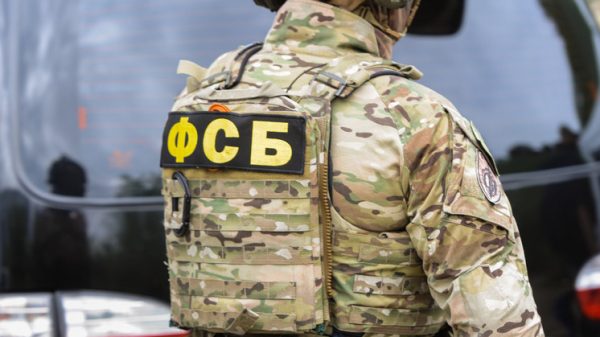
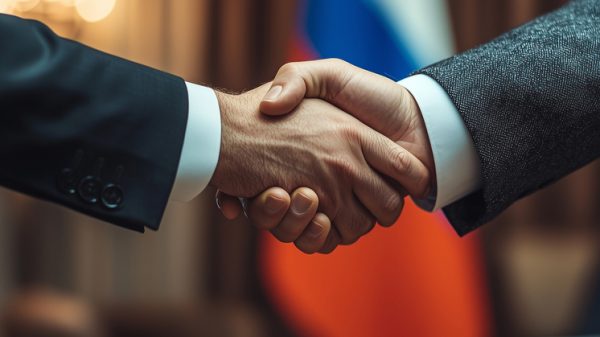



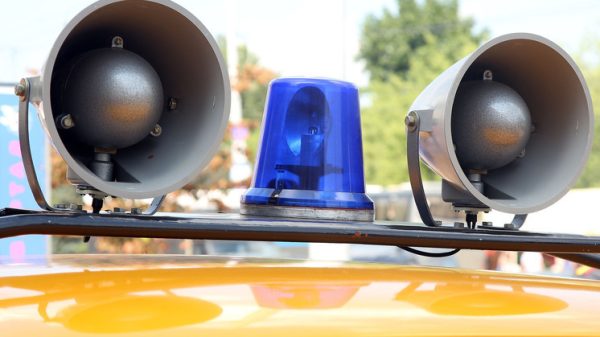




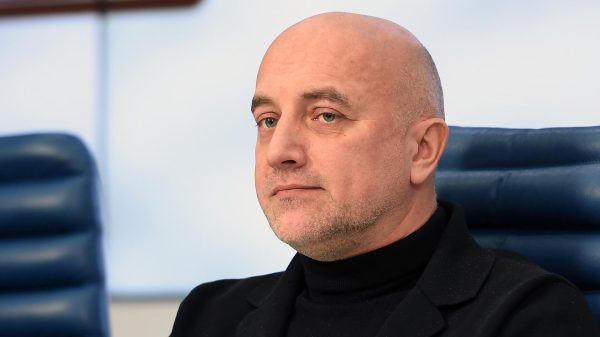
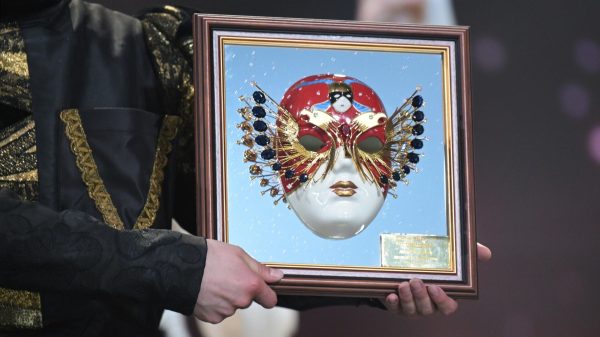














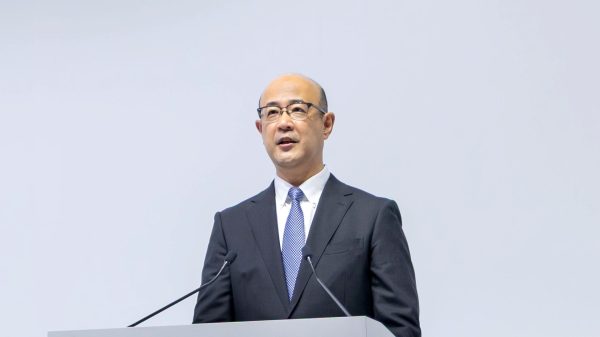


















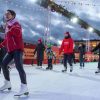







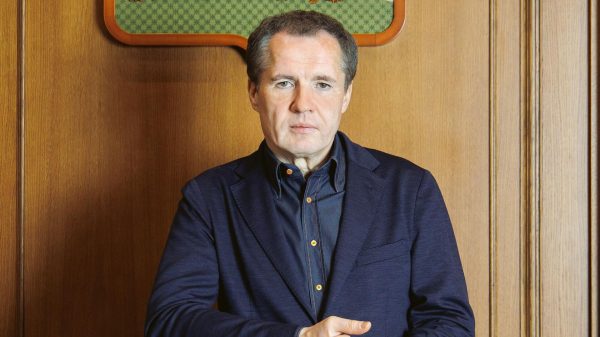

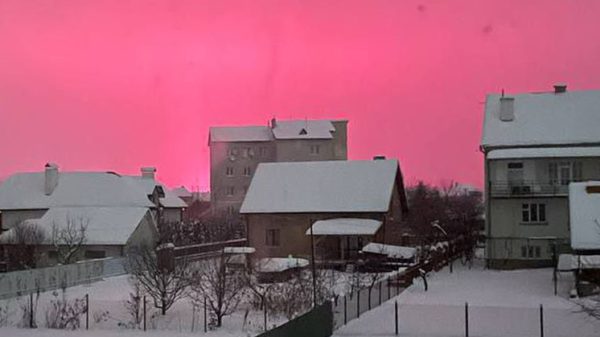
Свежие комментарии